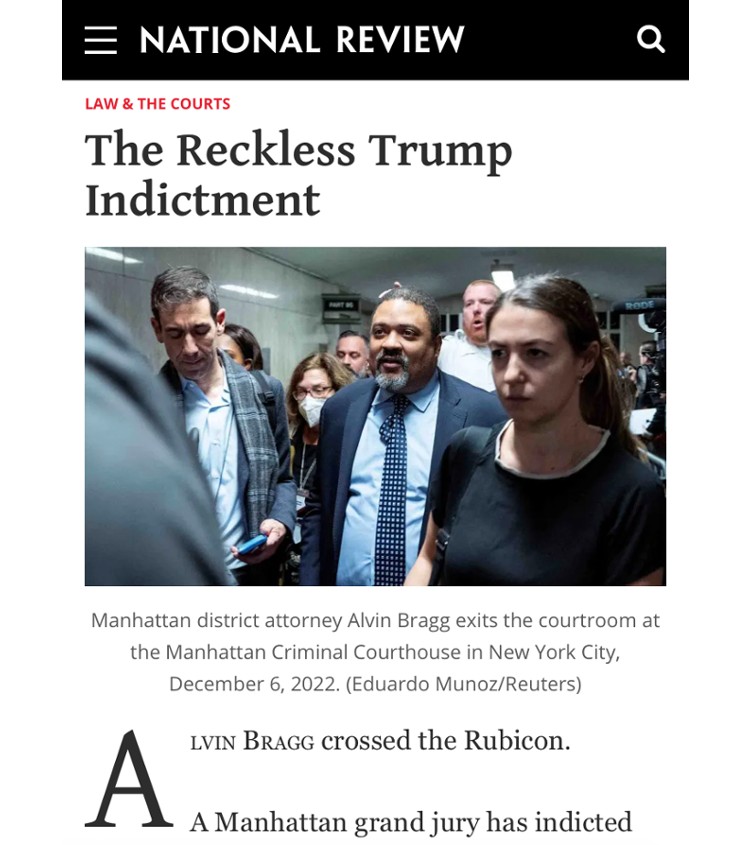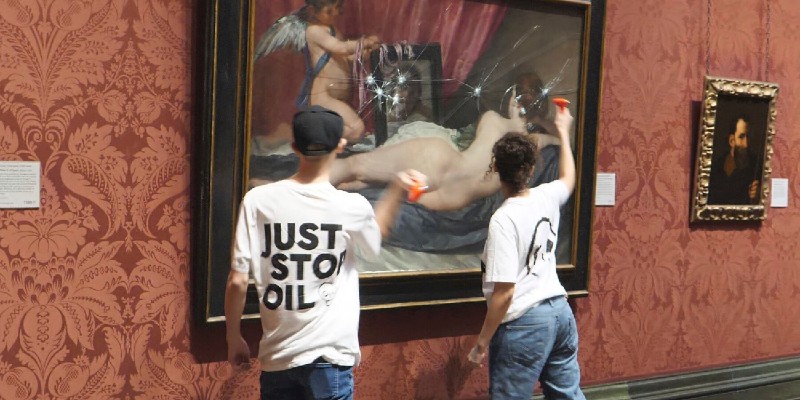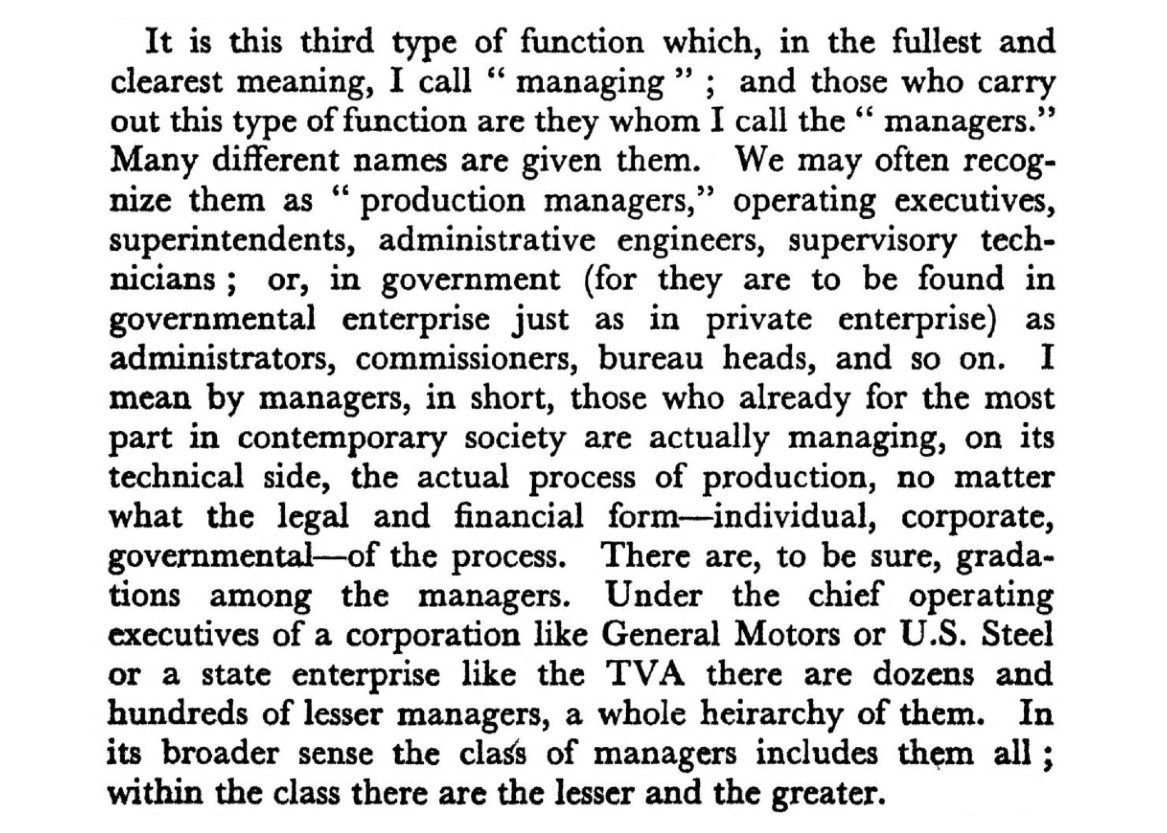Where does the "Q" in "LGBTQ" come from?
Most people know it stands for "queer." But you might not know just how radical the term really is.
To understand the modern "LGBTQ" movement, we have to understand "queer theory"—a revolutionary movement born in the 1990s. (1/11)
Most people know it stands for "queer." But you might not know just how radical the term really is.
To understand the modern "LGBTQ" movement, we have to understand "queer theory"—a revolutionary movement born in the 1990s. (1/11)

"Queer," of course, was originally used as a pejorative for gays and lesbians. It was "reclaimed" as a positive identity in the late 1980s and early 1990s, with the creation of radical groups like Queer Nation.
But its meaning remains somewhat ambiguous to this day. (2/11)
But its meaning remains somewhat ambiguous to this day. (2/11)

The institutionalization of the term is generally traced back to the militant LGBT group Queer Nation, founded in New York in 1990.
Queer Nation's manifesto called for "a moratorium on straight marriage, on babies, on public displays of affection among the opposite sex." (3/11)
Queer Nation's manifesto called for "a moratorium on straight marriage, on babies, on public displays of affection among the opposite sex." (3/11)

"Straight people will not do this voluntarily and so they must be forced into it," the Queer Nation manifesto wrote of LGBT rights. "Straights must be frightened into it. Terrorized into it. Fear is the most powerful motivator...Straight people are your enemy." (4/11)

All this coincided with the rise of "queer theory," a radical conceptualization of LGBT identity that placed itself at odds with the more mainstream, "assimilationist" wing of the LGBT movement.
Queer theory sought to subvert mainstream culture rather than join it. (5/11)
Queer theory sought to subvert mainstream culture rather than join it. (5/11)

Drawing on postmodern and poststructuralist thinkers like Michel Foucault, queer theorists posited that sexuality and gender itself were "social constructs," and attacked what they called "heteronormativity"—i.e., the acceptance of heterosexuality as a social "norm." (6/11) 

To take one example: More "conservative" LGBT activists argued for "assimilating" into mainstream society through causes such as gay marriage. But queer theorists argued for abolishing the institution of marriage altogether—the entire mainstream culture needed to go. (7/11)



They made the same case against gay adoption, gay military service, and various other tenets of the mainstream "gay rights" movement.
Instead, the transgender theorist Mattilda Sycamore wrote, they should push for "new ways of loving [and] lusting for...one another." (8/11)
Instead, the transgender theorist Mattilda Sycamore wrote, they should push for "new ways of loving [and] lusting for...one another." (8/11)

These ideas may have seemed fringe at the time—even now, they might seem distant from all the neutered, corporate "Gay Pride" rhetoric.
But by the end of the 1990s, they had already entered the mainstream, with shows like Queer as Folk.
As one history of the term notes: (9/11)
But by the end of the 1990s, they had already entered the mainstream, with shows like Queer as Folk.
As one history of the term notes: (9/11)

There is a reason that the "Q" was added to the "LGBTQ" acronym—it is a very explicit, and unambiguous, affirmation of the radicalism of queer theory. When activists use the term "queer" today, that set of beliefs and political objectives are what they're referencing. (10/11) 

"Queer theory and politics necessarily celebrate transgression," wrote the queer theorist Jay Stewart.
We should take them at their word: The modern LGBTQ movement isn't about assimilation. It is about subversion—dismantling mainstream norms in favor of radical ones. (11/11)
We should take them at their word: The modern LGBTQ movement isn't about assimilation. It is about subversion—dismantling mainstream norms in favor of radical ones. (11/11)
Like this thread? Great! We're a new account on here. We'll be doing many more threads and videos like this in the coming months.
Our philosophy is simple: America first. America forever. 🇺🇸
If you like our content, give us a follow: @America_2100
Our philosophy is simple: America first. America forever. 🇺🇸
If you like our content, give us a follow: @America_2100
• • •
Missing some Tweet in this thread? You can try to
force a refresh






















